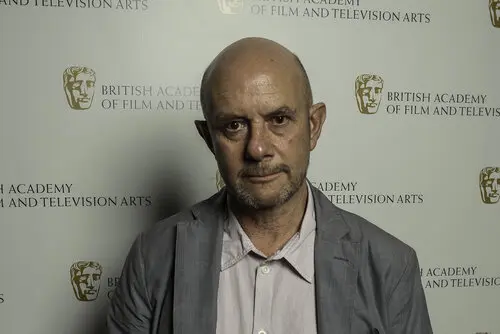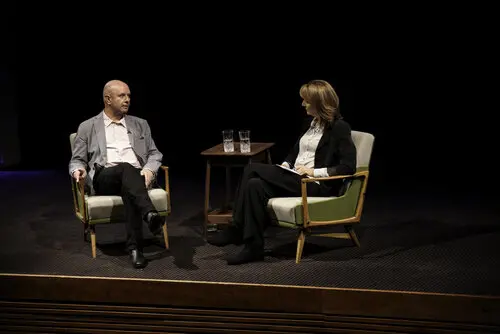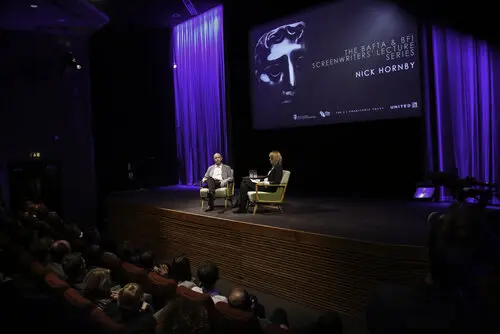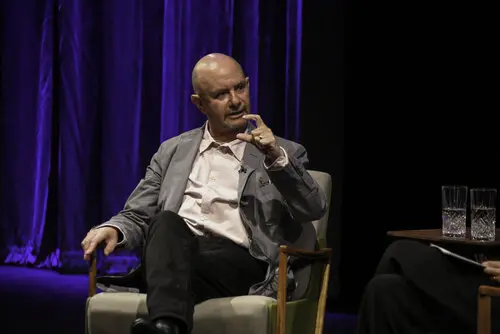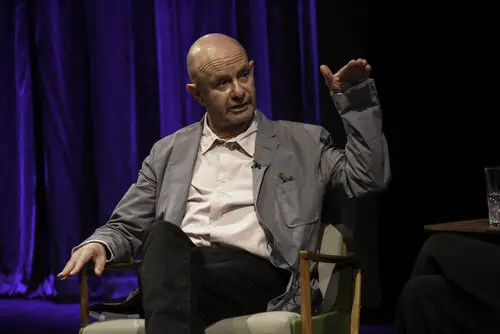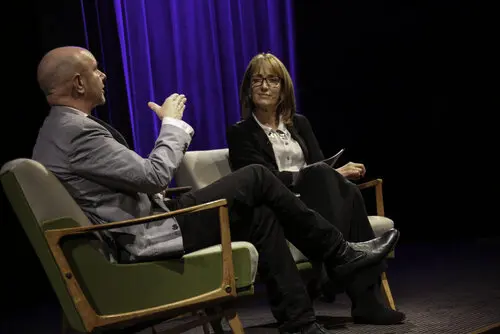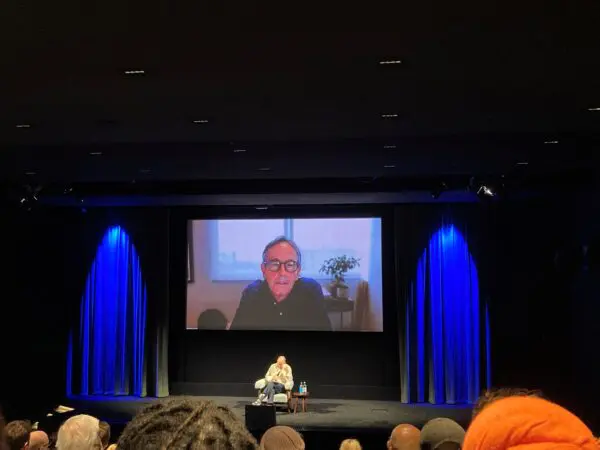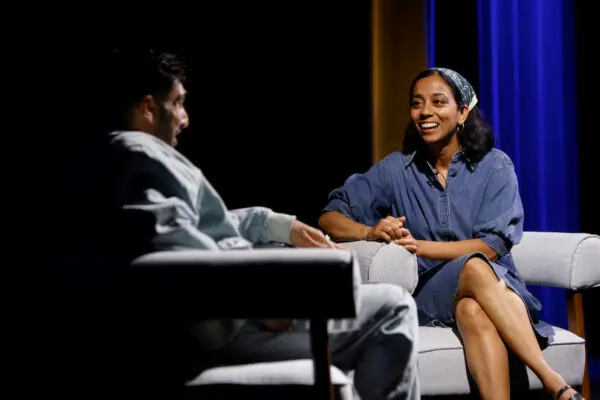Nick Hornby, screenwriter of twice BAFTA-nominated An Education, has given an entertaining and insightful look at his work on paper and on screen.
In the first of our 2015 Screenwriters’ Lecture Series, Nick Hornby was in conversation with Francine Stock discussing all things film. The screenwriter talked about adapting other people’s novels, the relationship between a writer and a director, and the creative and logistic differences between writing novels and writing for the screen.
Describing screenwriting as a refreshing challenge, he said: “Once you get to a certain point in your novelistic career, unless you screw up very badly the book is going to come out. With a screenplay there are all these hurdles that seem to have some kind of objectivity to them. The screenplay has to work and I love that.”
He pointed to screenplays as a collaborative process, as works that feel much like books when complete but that are subject to input and change from directors and actors. This change can make the relationship between writer and director complex: “It kind of drives you mad that you can spend four years writing the rest of it and half an hour writing one scene that stays in tact.”


